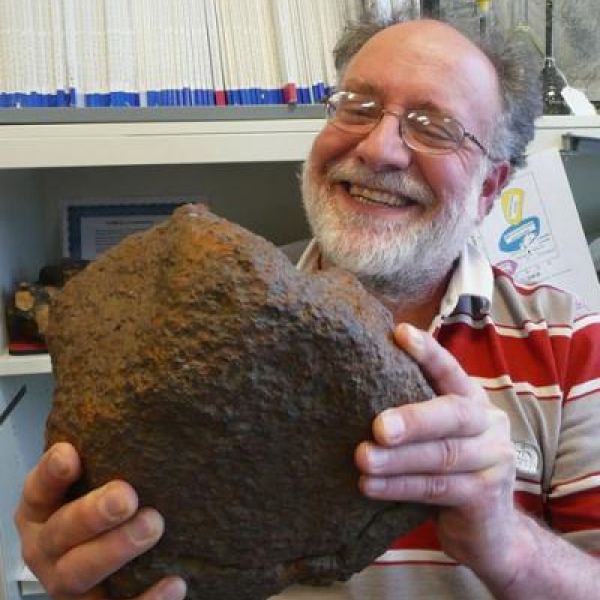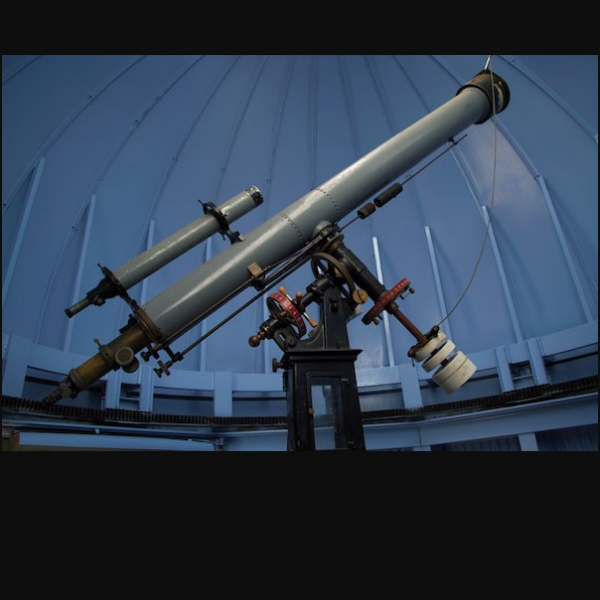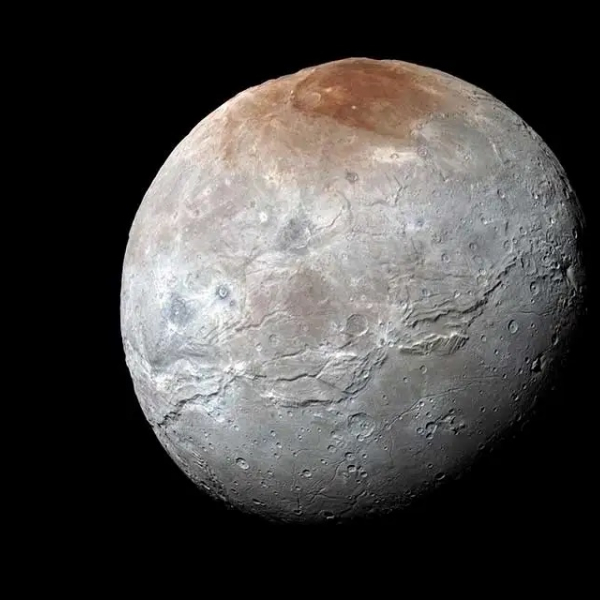This month, Arts & Sciences researchers received awards from the National Institutes of Health, the Psychonomic Society, and NASA.
Ram Dixit, professor of biology, won a multi-year award totaling $2,015,218 from the National Institutes of Health for a project titled “Mechanisms for Building and Remodeling Microtubule Arrays.” Read more from The Source.
Henry L. “Roddy” Roediger, the James S. McDonnell Distinguished University Professor of Psychological & Brain Sciences, was named the recipient of the 2021 Award for Distinguished Scientific Contributions by the American Psychological Association. In addition, the Psychonomic Society has awarded Roediger the Clifford T. Morgan Distinguished Leadership Award. The awards recognize Roediger’s contributions to basic research in psychology and to the field of cognitive psychology, respectively. Read more from The Source.
Michael Landis, assistant professor of biology, and his collaborators received a total of $1.12 million from the National Science Foundation for work on “Modeling the Origin and Evolution of Hawaiian Plants.” The research team will focus on 12 understudied plant groups using new sequencing and modeling techniques to gain a broader idea of how Hawaiian plant diversity originated. Read more from The Source.
Scott VanBommel, research scientist in the Department of Earth and Planetary Sciences, won a $288,156 grant from NASA for research on “Constraining Aqueous Processes and the Habitability Potential of Jezero Deposits Through Chemical Deconvolution Geochemical Analyses, Cross-Mission Comparisons, and Spectral Modeling.”
Physicists in Arts & Sciences, including research assistant professor Brian Rauch, are part of a team funded by NASA to develop the concept for the most sensitive survey of cosmic ultra-high energy neutrinos ever conducted. A scientific balloon designed to launch from Antarctica will detect the signals, under a new program called Astrophysics Pioneers. The Payload for Ultrahigh Energy Observations (PUEO) mission leverages experience from and supersedes the successful Antarctic Impulsive Transient Antenna (ANITA) program that physicists at Washington University previously supported through all four Antarctic flights. Read more from The Source.
Michael Wysession, professor of Earth and planetary sciences, was recently named the winner of the 2021 Geosciences in the Media Award of the American Association of Petroleum Geologists, the world’s largest society of professional geologists. This honor recognizes Wysession’s many achievements in promoting geoscience literacy and education, including his contributions to the Great Courses video lecture series. Read more from the Department of Earth and Planetary Sciences.
Macy Sprunger, a graduate student in Meredith Jackrel’s lab in the Department of Chemistry, won a $45,520 grant from the National Institutes of Health for a project titled “Defining the Molecular Drivers and Modulators of MATR3 Proteinopathy Implicated in Amyotrophic Lateral Sclerosis and Frontotemporal Dementia.” Read more from the Department of Chemistry.
Jeffrey Zacks, associate chair and professor of psychological and brain sciences in Arts & Sciences, and of radiology at the School of Medicine, received the Mid-career Award from the Psychonomic Society. The award is given for exceptional contributions to the fields of experimental and cognitive psychology and related areas. Read more from The Source.
Meredith Jackrel, assistant professor of chemistry, was awarded a $38,590 diversity supplement from the National Institutes of Health for a project titled “Safeguards of the Proteome: Elucidating the Roles of Protein Disaggregases.”
Did we miss something? Contact Shawn Ballard, communications specialist in Arts & Sciences.




